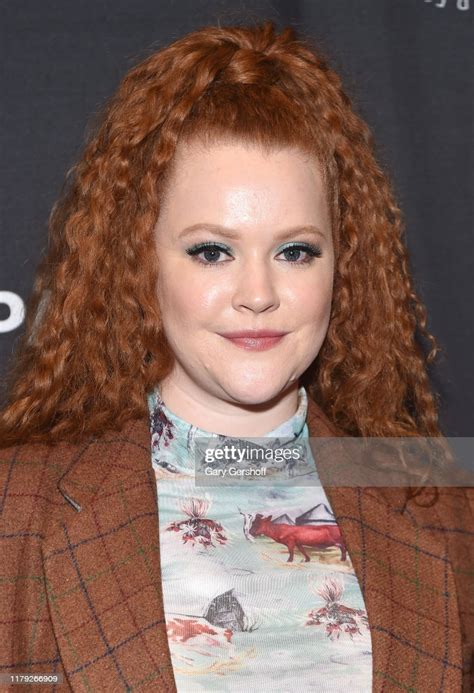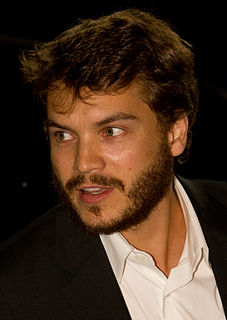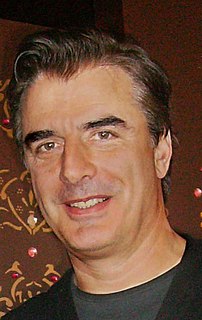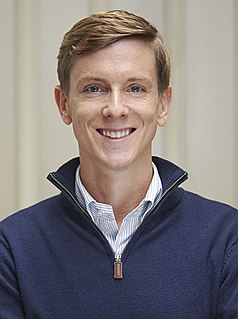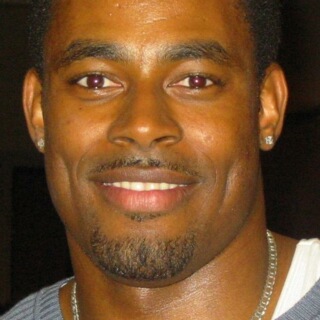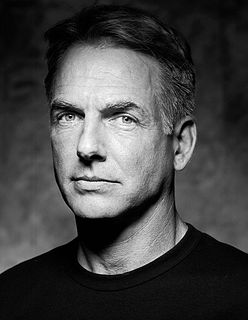A Quote by Mary Wiseman
Listen, when you're starting out you're trying to be as creative as possible about how you can use your skills as an actor to make money.
Related Quotes
Business requires an unbelievable level of resilience inside you, the chokehold on the growth of your business is always the leader, it's always your psychology and your skills - 80% psychology, 20% skills. If you don't have the marketing skills, if you don't have the financial-intelligence skills, if you don't have the recruiting skills, it's really hard for you to lead somebody else if you don't have fundamentally those skills. And so my life is about teaching those skills and helping people change the psychology so that they live out of what's possible, instead of out of their fear.
The biggest problem is getting beyond the "you can't" syndrome. The moment you figure that out, you're on your way to flying. Anyone who cannot see problems around him or herself is utterly blind. All the problems sitting there are an invitation for you to be creative, make use of your skills and resources and find a solution.
We frequently hear how essential it is for someone to think "outside the box," but what actually determines one's facility for doing so? In other words, what skills make someone a creative thinker? Typically, creative thinkers can view issues from multiple perspectives, define problems in several different ways, and anticipate likely obstacles. Someone's aptitude for these skills determines how well he or she will perform as a creative thinker.
For someone who is starting out on developing their critical skills, just being aware of its existence is great: it can make the difference between trying to write a story around a cliche or an original idea, and better still, studying it can eventually clue you in on how to breathe new life into tired tropes.
Interesting thing that is happening in American society is that people are starting to talk about money. I don't know how you feel about this, but for a long time, nobody was talking about money. It was a secret. And it's kind of very interesting because we do lots of stuff to portray to people about how much money we have, the clothes we wear and the cars we have and the house - they all kind of depict to other people, signal how much money we make, but we don't talk about it specifically.
As an actor, you're not a person; you're a product, a commodity. It's about money. Your job is about making money for other people. At some point, you learn how to be on the other side of that table. You write, direct, produce, and create opportunity for yourself. Then you start to make money for yourself.
